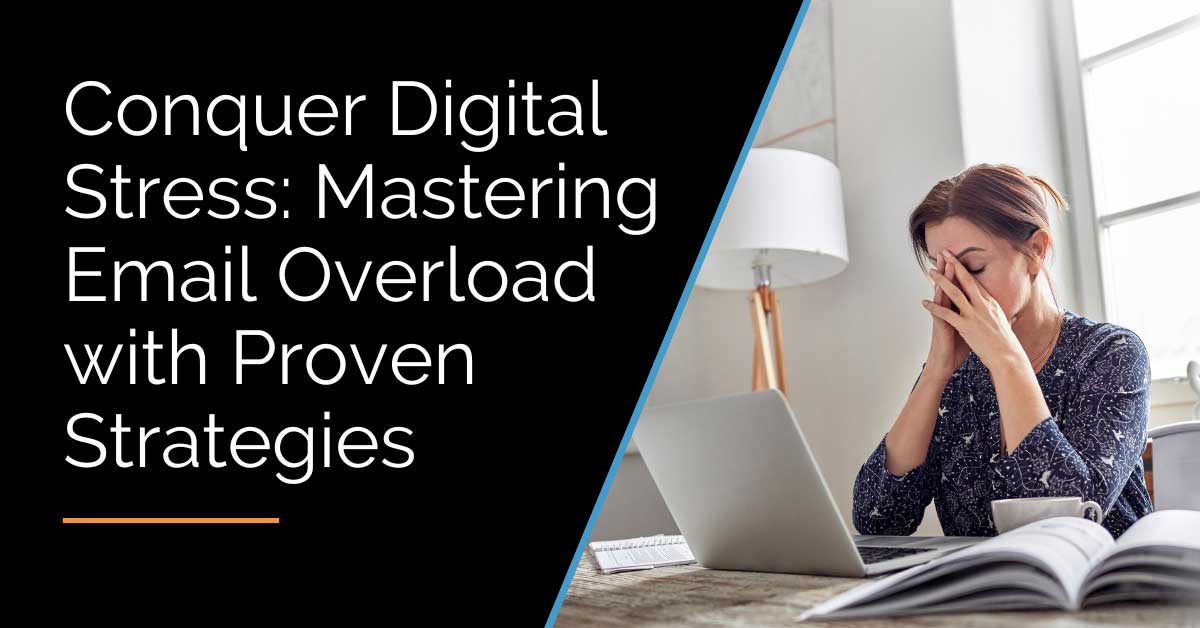The Psychology of Email Overload: Understanding Email Overload
Email overload has become a common phenomenon, affecting individuals both personally and professionally.
Understanding the root causes of email overload is crucial in managing and mitigating its impact on mental health and productivity.
Let’s explore some reasons behind this digital stress and explore its effects.
About Email Overload
The psychology of email overload delves into the profound impact this modern-day dilemma has on our mental well-being and productivity.
By understanding the psychological mechanisms at play, we can pave the way for effective strategies to overcome the clutches of email overwhelm and regain control of our digital lives.
Through a blend of insightful analysis and practical solutions, we will equip you with the tools necessary to declutter your inbox, streamline your communication processes, and cultivate a healthier relationship with technology.
For those seeking an additional edge in managing their digital workflow efficiently, the expertise of a virtual assistant, like those meticulously matched by Anequim to your business needs, can be a game-changer.
Join us on this journey to transform email overload from a source of stress into a catalyst for enhanced efficiency and peace of mind.
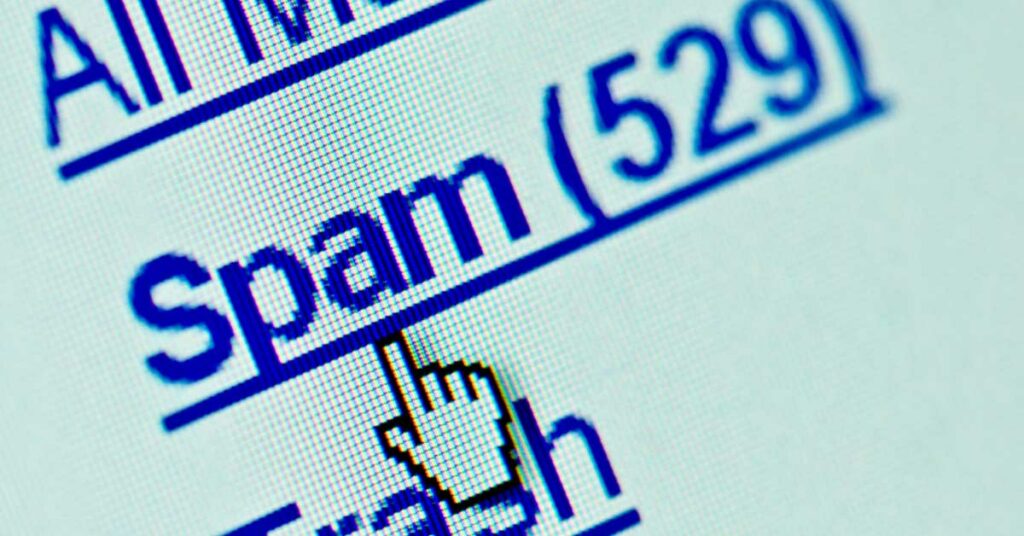
Causes of Email Overload
The causes of email overload are multifaceted and often stem from the rapid pace of communication in the digital world. Some common factors contributing to email overload include:
- Constant Connectivity: The expectation to be constantly available and responsive leads to a never-ending stream of emails.
- Lack of Email Management Skills: Insufficient email management strategies can result in an accumulation of unread messages.
- Unnecessary Communication: Excessive use of emails for trivial or non-urgent matters adds to the email clutter.
Impact on Mental Health and Productivity
The impact of email overload extends beyond overflowing inboxes. It can take a toll on mental health and productivity in the following ways:
- Increased Stress: Dealing with a high volume of emails can be overwhelming and increase feelings of stress and anxiety.
- Decreased Focus: Constant email notifications can disrupt concentration and decrease overall productivity.
- Burnout: The pressure to respond to emails promptly can lead to burnout and exhaustion.
Statistics on Email Overload
Statistics reveal the prevalence and severity of email overload in the modern workplace:
- According to a study by RescueTime, the average worker checks their email 74 times a day, resulting in frequent distractions.
- The Radicati Group estimates that the number of global email users will reach 4.6 billion by 2025, indicating a continuous rise in email communication.
Understanding the causes, impact, and statistics related to email overload is the first step toward developing effective strategies to manage and reduce digital stress in today’s fast-paced world.
Psychological Factors Contributing to Digital Stress
The modern era of constant connectivity and communication has led to a rise in digital stress affecting many individuals.
Understanding the psychological factors that contribute to this digital stress is crucial in finding ways to overcome it. Let’s delve into the key elements that can exacerbate digital stress.
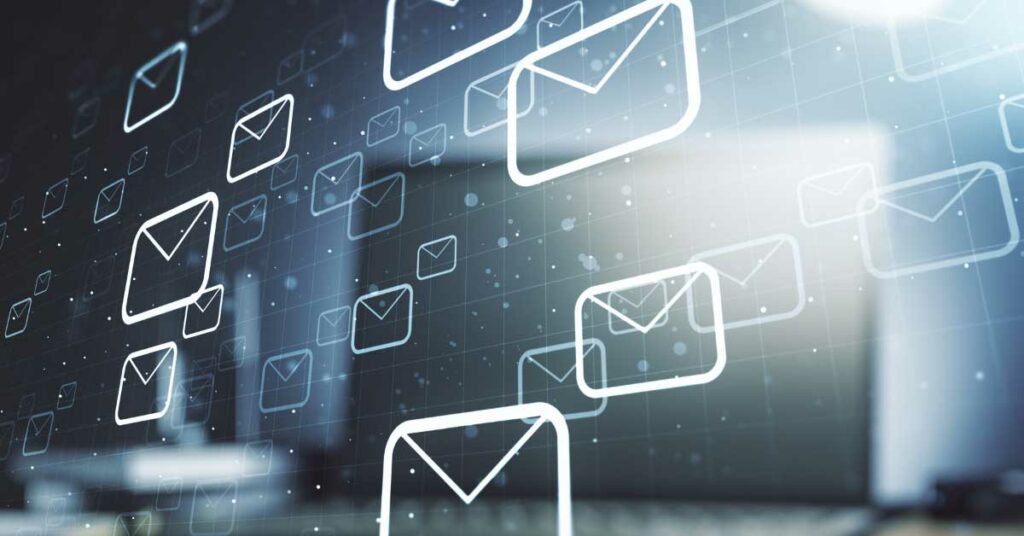
Fear of Missing Out (FOMO)
The Fear of Missing Out (FOMO) is a pervasive feeling driven by the fear that others are having more rewarding experiences or interactions while you are not present or connected.
In the context of email overload, FOMO can lead to compulsive email checking, responding promptly to every message, and feeling anxious about potentially missing important information.
This fear can significantly contribute to the stress associated with managing emails effectively.
Decision Fatigue and Cognitive Load
The constant stream of emails demanding attention can contribute to decision fatigue and cognitive overload. Decision fatigue occurs when individuals are presented with too many choices and decisions to make, eventually leading to mental exhaustion and difficulty in prioritizing tasks.
Cognitive load refers to the mental effort and resources required to process incoming information. Juggling multiple emails and deciding on each action can overwhelm cognitive capacity, adding to digital stress.
Perfectionism and Email Management
Perfectionism can manifest in email management as individuals feel the need to compose perfect responses, organize emails meticulously, and maintain a clutter-free inbox at all times.
This pursuit of perfection in handling emails can lead to increased stress levels, as the pressure to meet unrealistic standards can be draining. Striving for flawlessness in email communication can amplify digital stress and hinder productivity.
Understanding the psychological factors such as FOMO, decision fatigue, cognitive load, and perfectionism that contribute to digital stress is essential in developing effective strategies to manage email overload and reduce the negative impact on mental well-being.
By addressing these underlying factors, individuals can navigate the digital landscape with greater ease and minimize the stress associated with constant connectivity.
Strategies to Overcome Email Overload
Managing email overload is crucial for maintaining productivity and reducing stress. Here are effective strategies to help you overcome the constant influx of emails:
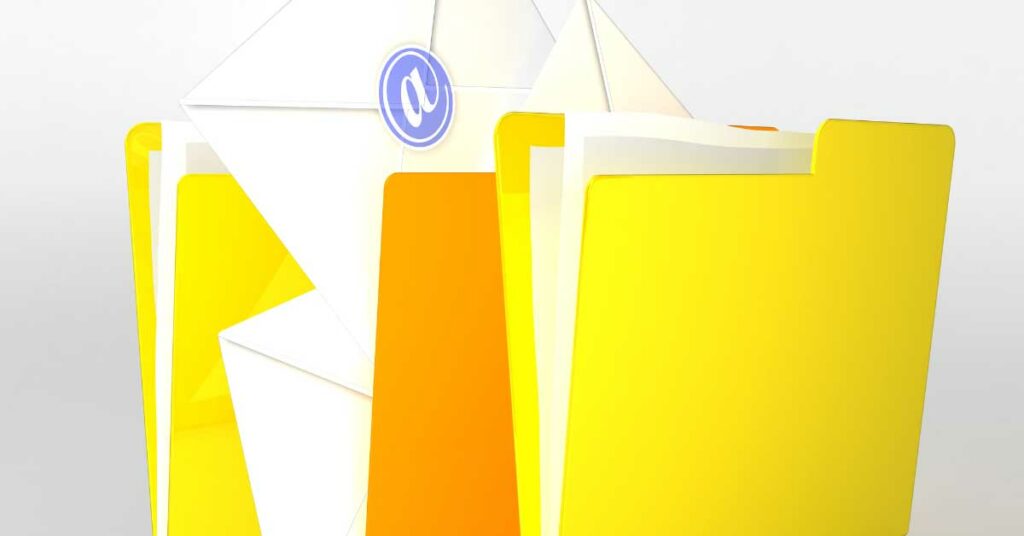
Setting Boundaries and Prioritizing Tasks
Setting boundaries around your email usage can significantly impact your productivity. Allocate specific time slots during the day to check and respond to emails rather than being constantly available.
Prioritize tasks based on urgency and importance to ensure essential emails are addressed promptly.
Effective Email Management Techniques
Implementing efficient email management techniques can streamline your workflow and prevent email overload.
Consider creating folders or labels to categorize emails, utilizing filters to automatically sort incoming emails, and unsubscribing from irrelevant mailing lists.
Responding with concise and clear messages can also help reduce back-and-forth communication.
Implementing Inbox Zero Method
The Inbox Zero method involves keeping your inbox empty or close to empty by organizing and addressing emails promptly.
Aim to process emails as they come in by either responding, archiving, deleting, or delegating tasks associated with each email. Maintaining a clutter-free inbox can improve focus and prevent important emails from getting buried.
By incorporating these strategies into your daily email routine, you can effectively manage email overload, boost productivity, and reduce digital stress.
Remember that establishing healthy email habits is essential for achieving a better work-life balance and improving overall well-being.
Technology Tools for Managing Email Stress
In today’s digital age, managing email overload is a common challenge that many individuals face.
Technology tools can be a game-changer in helping you streamline your email management, reduce stress, and increase productivity. Let’s explore some effective techniques to tackle email stress.
Use of Email Filters and Automation
Email filters and automation tools can significantly simplify your email organization process. By setting up filters based on sender, subject, or keywords, you can direct emails to specific folders automatically.
This helps in prioritizing important emails and reduces the clutter in your inbox. Automation features can schedule emails to be sent at specific times, enabling you to maintain a structured communication routine without being overwhelmed by constant email notifications.
By utilizing these tools effectively, you can regain control over your inbox and prevent email overload.
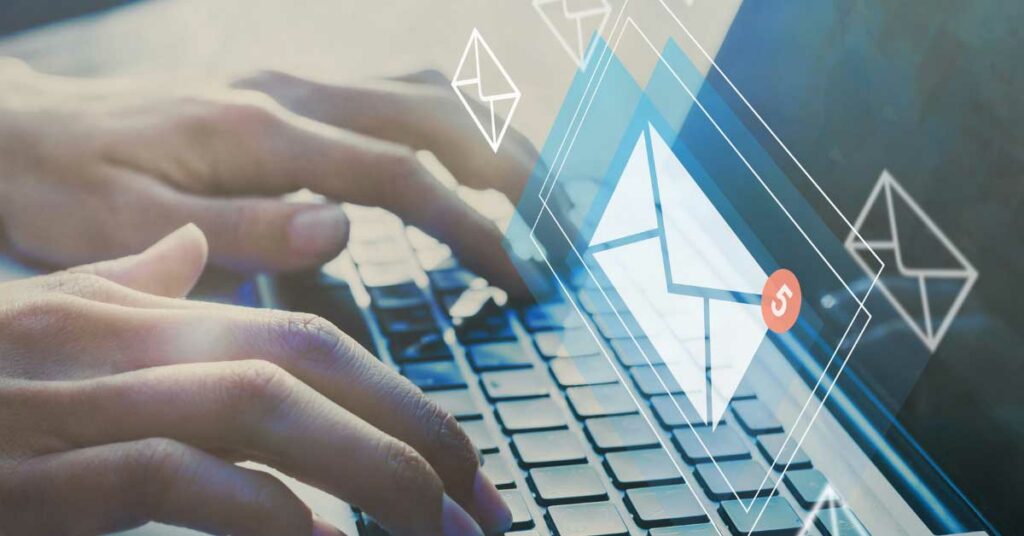
The Benefits of Unsubscribe and Decluttering
Unsubscribing from irrelevant newsletters, promotional emails, and spam can make a notable difference in decluttering your inbox and reducing email stress.
Regularly reviewing and cleaning out your inbox by deleting unnecessary emails or archiving important ones can help you stay organized and focused.
By decluttering your inbox, you create a cleaner workspace that allows you to address essential emails promptly, leading to improved efficiency and reduced digital stress.
Unsubscribing from unwanted emails not only declutters your inbox but also ensures that you receive only relevant and significant communication, preventing information overload.
Coping Mechanisms for Digital Stress
In today’s digital age, the constant influx of emails and notifications can lead to overwhelming stress.
To combat digital stress, incorporating coping mechanisms is essential. Here are some effective strategies to help you cope with digital stress:
Mindfulness and Stress Reduction Techniques
Practicing mindfulness can significantly reduce digital stress. Taking a moment to ground yourself in the present can help alleviate feelings of being constantly overwhelmed by technology.
Simple mindfulness exercises like deep breathing, meditation, or even just taking short breaks to focus on the present moment can be incredibly beneficial.
Importance of Digital Detox and Work-Life Balance
Digital detox, or taking regular breaks from technology, is essential for maintaining mental well-being.
Setting boundaries around device usage, especially during non-work hours, can help create a healthier work-life balance. Prioritizing personal time, hobbies, and activities that don’t involve screens can recharge your mental batteries and reduce digital stress significantly.
Remember, it’s important to disconnect to reconnect with yourself and those around you.
Final Thoughts
Understanding the psychology of email overload is crucial in combating digital stress in today’s fast-paced world.
By recognizing the impact of constant digital communication on our mental well-being, we can take proactive steps to manage our email habits effectively.
Implementing strategies such as setting boundaries, prioritizing tasks, and utilizing email management tools can help us regain control over our inbox and reduce the anxiety associated with email overload.
Remember, a mindful approach to managing emails not only enhances productivity but also contributes to a healthier work-life balance.
Anequim
Ready to transform your business with the power of skilled, bilingual virtual assistants? Discover how Anequim can elevate your operations, streamline your tasks, and connect you with top-tier talent from Mexico.
Whether you’re looking to enhance customer service, manage your back office more efficiently, or expand your global reach, our dedicated team is here to make the process seamless.
Don’t let administrative overload hold you back. Visit our website today to learn more about our services and start your journey towards operational excellence.
Empower your business with Anequim and watch your productivity soar. Contact us now!
